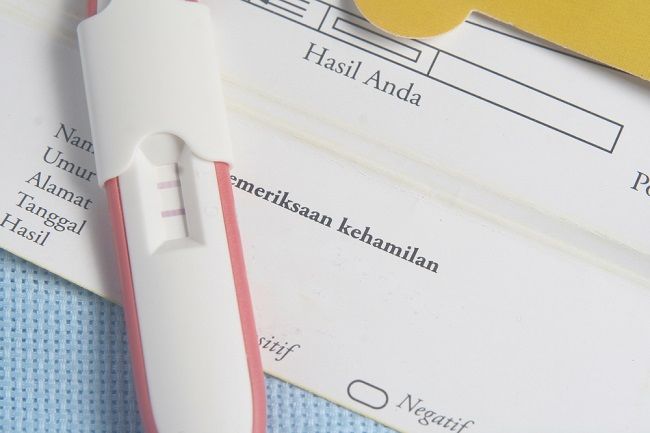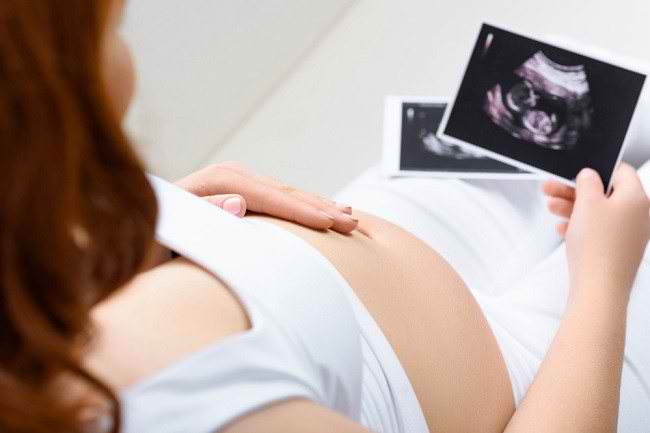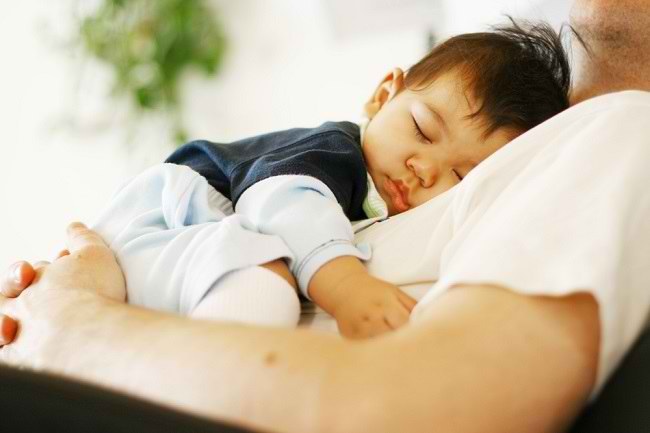There is an assumption that keeping a cat while pregnant can harm the pregnancy. This of course makes pregnant women who have cats at home worry. However, is it true that having a cat can harm pregnancy?
Actually, it is okay for pregnant women to be near cats or other pets, as long as the pets are healthy, well cared for, and kept clean.

However, if pregnant women are often near animals that are not cared for, such as wild animals, this can certainly pose a risk to the health of pregnant women and the condition of the fetus in the womb.
Beware of Contact with Cat Feces
If pregnant women keep cats at home, be careful when cleaning the cage or cat litter. This is because cat feces or objects that are at risk of being exposed to cat litter, such as soil or sand where cats litter, can put pregnant women at risk of exposure to parasites. Toxoplasmosis gondii.
Transmission begins with stray cats or untreated cats eating mice or other food that has been infected with the parasite T. gondii. Next, the parasite will enter the cat's digestive tract and breed there. The parasite will be removed from the cat's body through the feces.
If pregnant women are exposed to animal feces, both wild animals and pets, which contain parasites T. gondiiIf you touch your mouth, eyes, or face without washing your hands first, pregnant women are at risk of being infected with the parasite, also known as toxoplasmosis.
Dangers of Toxoplasmosis in Pregnancy
Toxoplasmosis or parasitic infection T. gondii that occurs before or during pregnancy is a condition that can harm the womb. This dangerous parasite can cross the placenta and cause fetal harm, miscarriage, or premature birth. Untreated toxoplasmosis can also increase a woman's risk for having difficulty conceiving.
This is what makes some people think that pregnant women should not keep or be near cats. However, to determine whether the pregnant mother or fetus has toxoplasmosis or not, a health examination by a gynecologist is required.
Toxoplasmosis diagnosis can be made by a doctor through a physical examination and supporting examinations, such as blood tests and amniotic fluid tests to monitor whether there are genetic abnormalities in the fetus, as well as TORCH and ultrasound examinations.
If a pregnant woman is diagnosed with toxoplasmosis, treatment steps are taken immediately. Doctors will usually give toxoplasmosis drugs such as: pyrimethamine and sulfadiazine.
Safe Tips for Pregnant Women Who Keep Cats
Pregnant women are still allowed to keep cats how come, as long as you can keep it clean and take good care of it. To prevent the occurrence of toxoplasmosis, pregnant women can do the following tips:
1. Keep the cat cage clean
Cat cages should always be cleaned and littered every day. However, it would be nice if this activity was not carried out directly by pregnant women, so that they could avoid direct contact with cat feces. Ask your partner to help clean the cage and remove the feces.
However, if no one else can take the place of this task, wear disposable gloves when cleaning the cat's cage. After that, throw the used gloves into the trash, then immediately wash your hands with soap and running water until they are completely clean.
2. Be careful when gardening
The same is true if the cat defecates in the garden or other places around the house. Avoid direct contact with the soil when gardening and immediately ask someone else to clean it.
If it is not possible to ask someone else for help, cat litter can be cleaned using the steps mentioned above.
3. Don't let pet cats play outside
Make sure the cat is always in the house or the environment around the house, so that it is kept clean and does not consume wild animals, such as mice. Pregnant women are also advised not to adopt a new cat for a while, especially stray cats that may already be infected with parasites T. gondii.
4. Pay attention to the food the cat eats
Do not give your cat raw or undercooked meat that may contain parasites. This is done to prevent the risk of parasitic infection in cats. Better give dry food or canned cat food.
nowPregnant women don't need to worry anymore if they keep a cat at home while pregnant. If the pregnant woman does the above methods, the condition of the pregnant woman and the fetus will be maintained. However, if pregnant women are worried about contracting toxoplasmosis, check the condition of their pregnancy regularly to the obstetrician.
The doctor will conduct an examination to confirm the condition of the pregnant woman and the fetus. If necessary, pregnant women's pets also regularly visit the veterinarian so that their health is guaranteed and free from various causes of disease.









